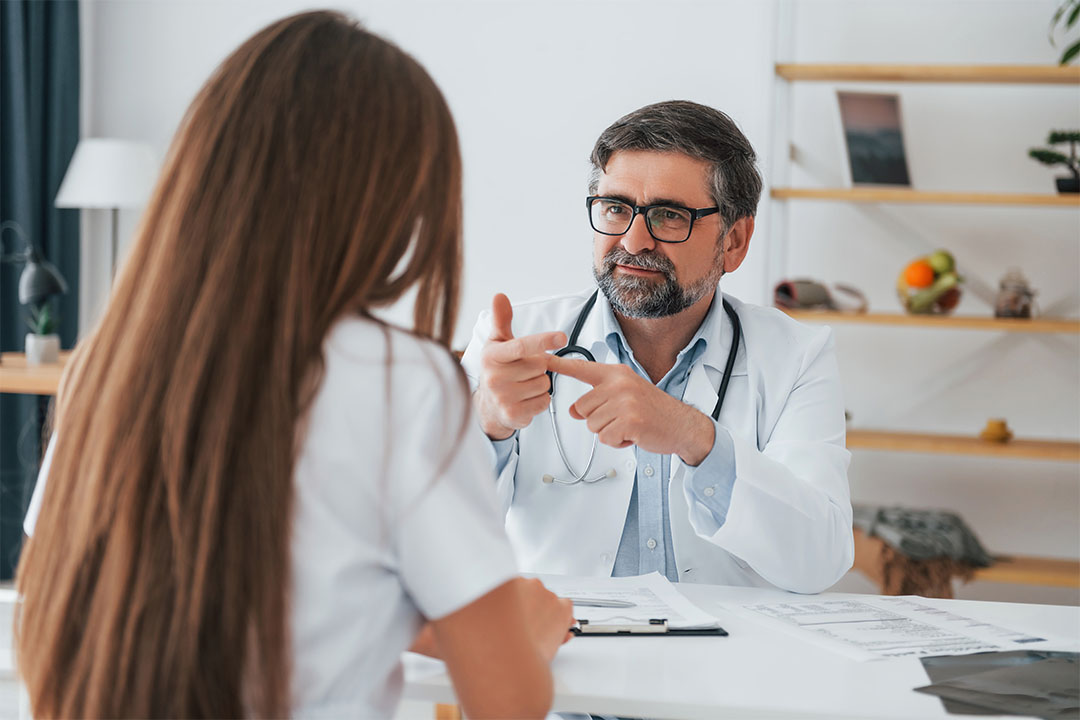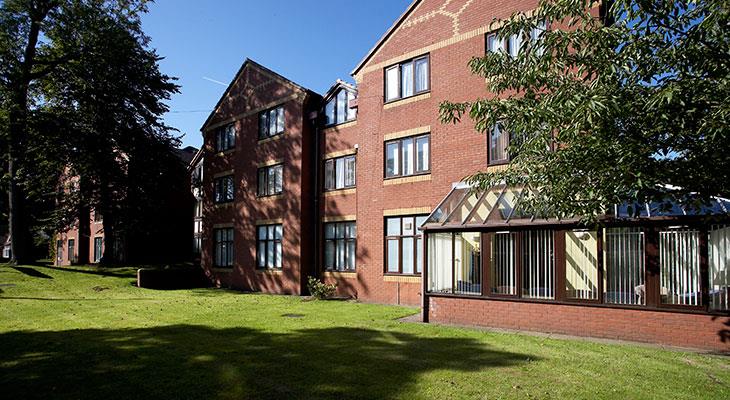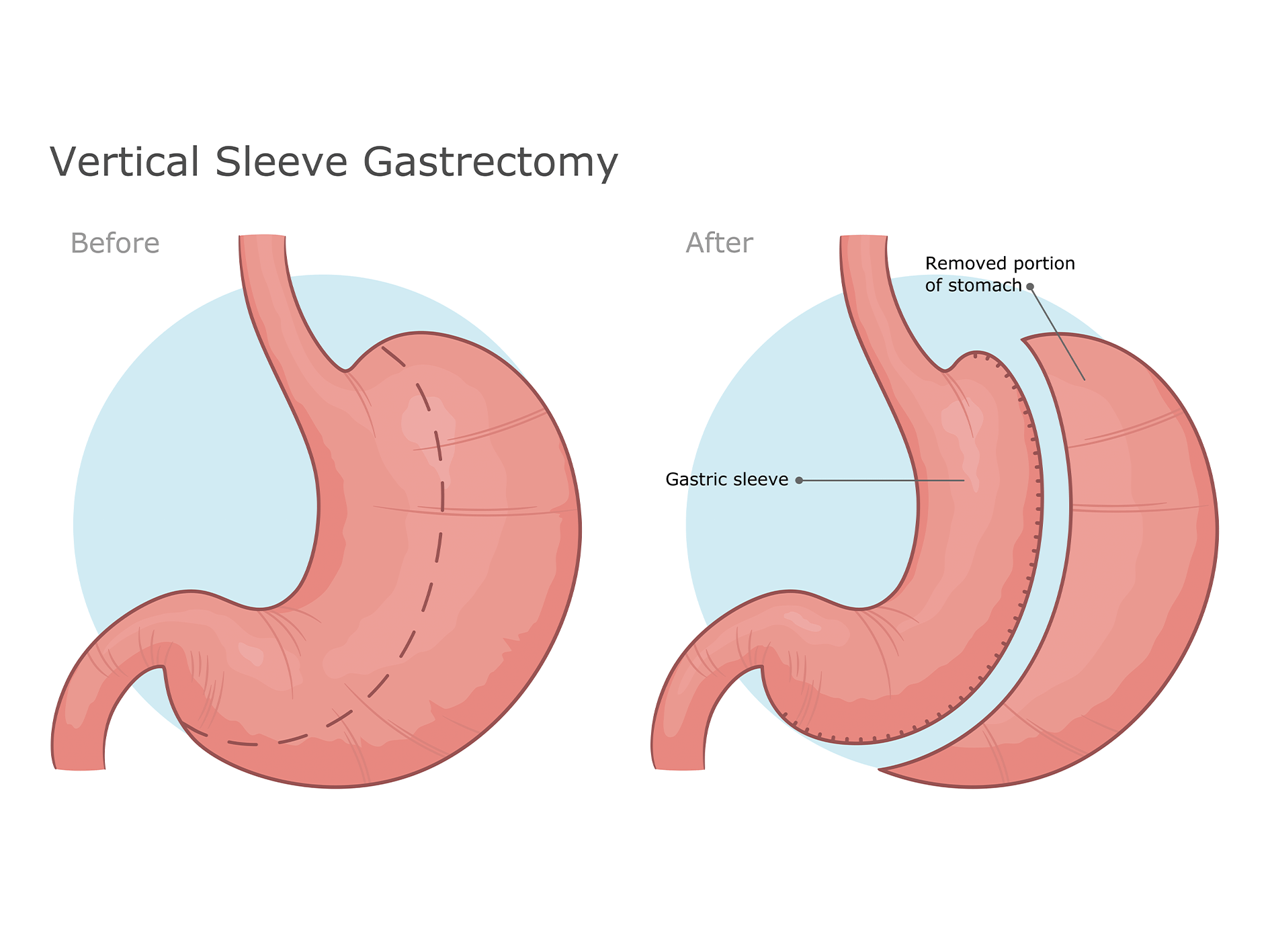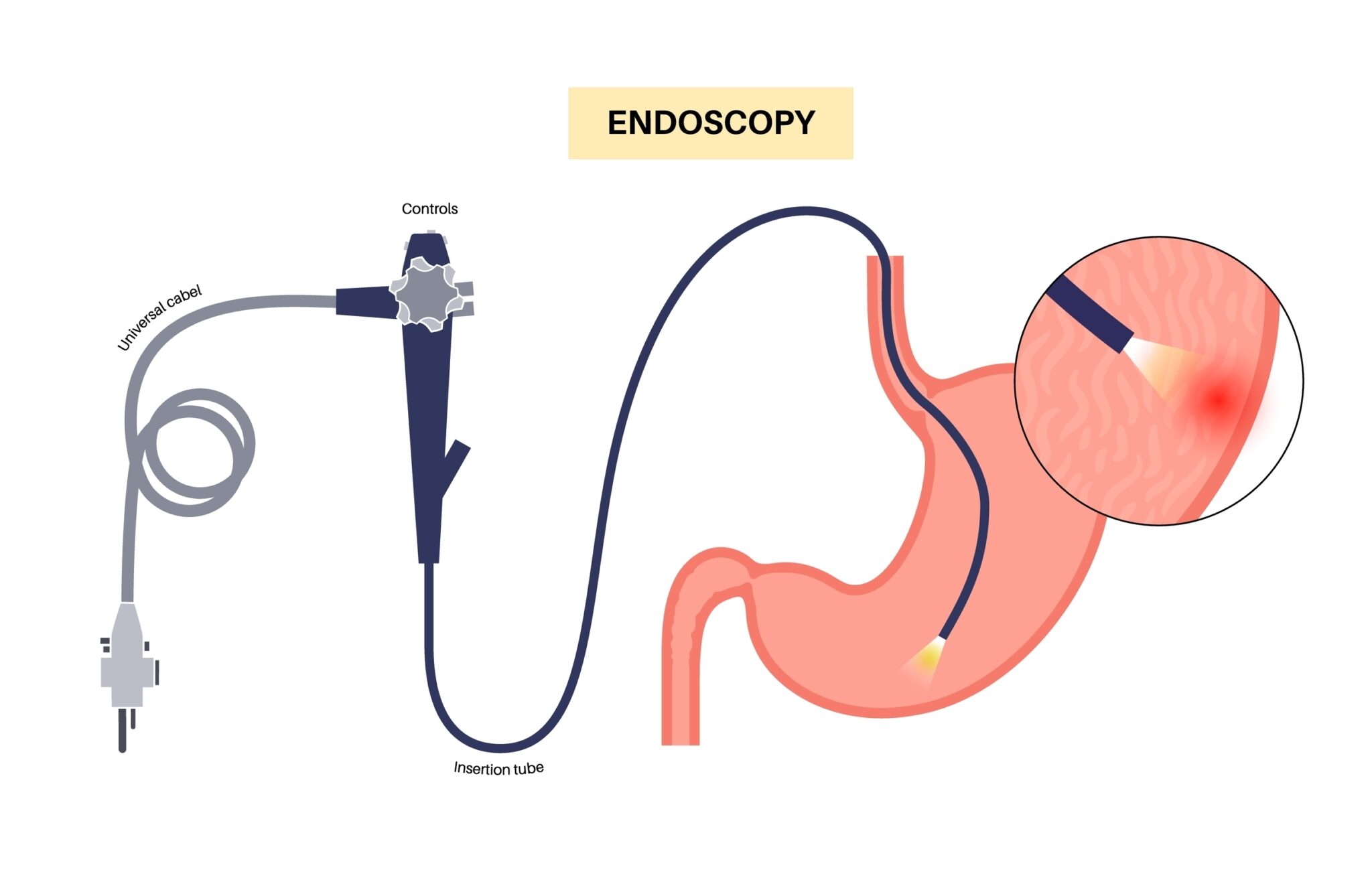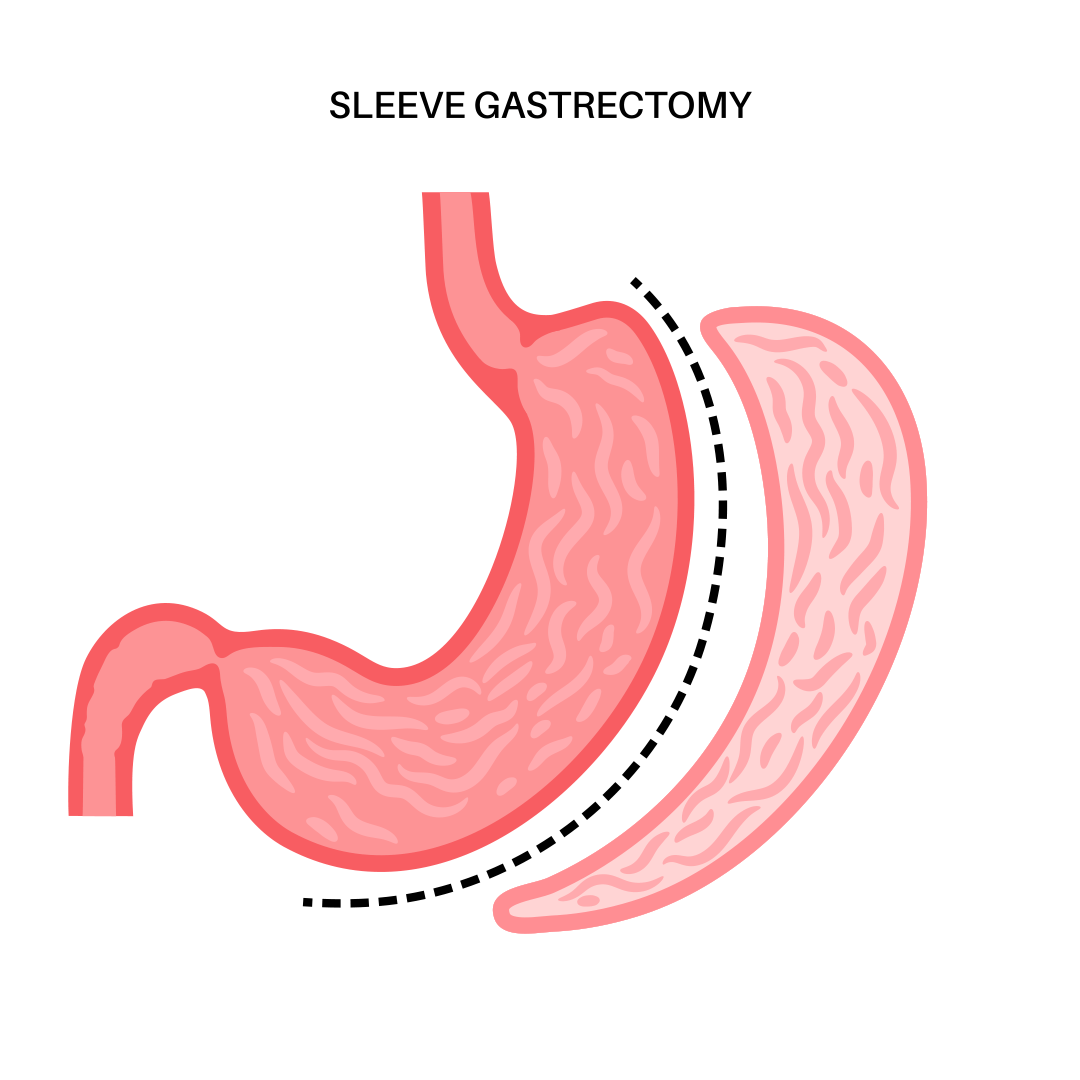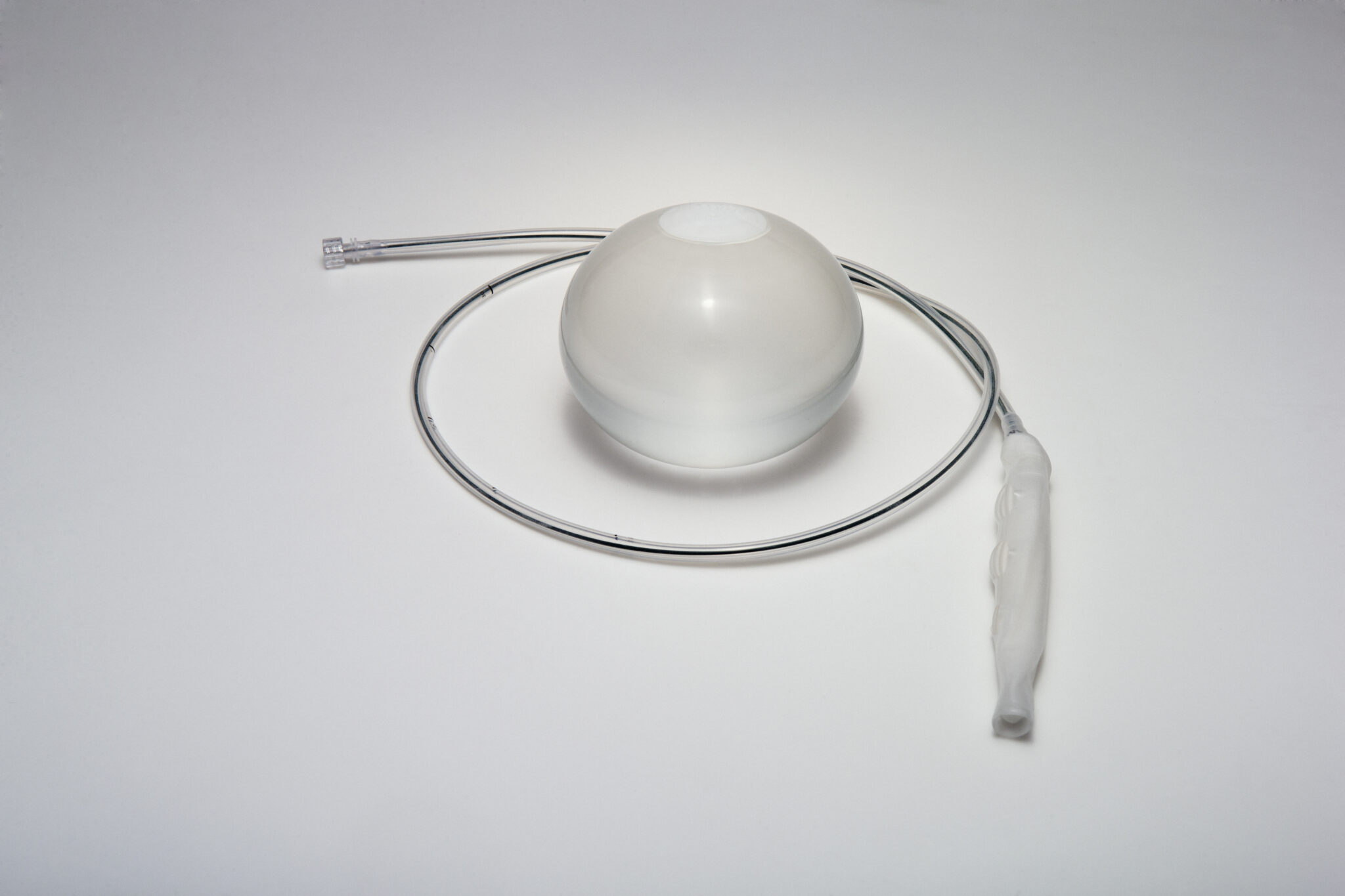
You’ve been told time and time again that you need to build sustainable lifestyle habits that include a healthy diet and consistent, but manageable exercise after bariatric surgery or a weight loss procedure. But, you’ve never been told how to do that. We’re here to help. Building a routine focused around exercise after bariatric surgery is absolutely key to a successful weight loss procedure.
Preparing for Exercise After Bariatric Surgery
First things first, you need to wait for your doctor to give you the ok before you begin any exercise after bariatric surgery or gastric balloon. With a balloon, the first week or so your body is still getting used to having the gastric balloon, so it’s important that you consult with your bariatric nurse to ensure that you get started when your body is ready to do so.
Getting started
When you are ready to start exercising, it’s important that you begin with short, gentle movements and then gradually work yourself up to more intense and consistent exercise. Make sure that you slowly increase your workout routine so you can avoid injury or discomfort after your procedure.
You also want to make sure that you’re listening to your body. Whilst you need to exercise to lose weight, you also need to prioritise your recovery time and make sure that you’re creating sustainable, long term habits that will stick with you throughout your life. The main point of introducing light exercise is to keep yourself physically active for a long time, and not just after your weight loss surgery or gastric balloon.
Benefits of Exercise
We all know that a sustainable exercise plan is a key way to lose weight, but that’s not its only benefit. Engaging in any physical activity on a regular basis has a myriad of benefits. You can:
- Improve your overall health
- Reduce the risk of chronic diseases
- Improve your mental health
- Lose weight
- Can boost your metabolism temporarily
- Improve your self-esteem
And so much more. We often see that patients who introduce exercise after bariatric surgery will become the biggest advocates for it. It’s an overhaul of the way you perceive yourself and the way that you move throughout the world.
Types of Exercise Suitable for Weight Loss Surgery Patients
While any physical activity is beneficial for weight loss surgery patients, there are some exercise routines that are more beneficial for people recovering from a bariatric surgery. The main things to bear in mind are: low impact, building muscle mass, and improving flexibility.
We recommend beginning with low-impact aerobic activity since they are gentle on your joints and can be tweaked depending on your fitness level. This includes things like walking, swimming, cycling, etc.
Then once you’ve got that down and you have a firmly established routine with low-impact aerobic activity, you want to introduce strength training. This can start with body weight exercises, then you can add in resistance training with resistance bands, then once you feel able, you can even introduce light weights. There are a tonne of YouTube videos that can help you get started with this at home and you can always modify based on your fitness level.
It’s important to note that everything we suggest is modifiable and you aren’t failing when you modify. You’re listening to your body and meeting it where it is. You don’t want to push so hard that you can’t continue. We want to focus on building sustainable habits that you can continue for years to come.
The last thing to introduce, ideally at the same time as the others, is flexibility training. Things like yoga and stretching which help you to prevent injuries and improve your flexibility and balance. Yoga and stretching are great for ensuring long term health. Introducing yoga and stretching can help you to make sure that as you age, you can still move effectively.
Creating a Balanced Exercise Routine
Once you have the basics down, it’s time to create a routine. You want to make sure that your routine is doable. Make it easy to incorporate into your life so that you actually stick to it.
A general rule of thumb is to aim for 150 minutes of moderate intensity exercise every week, breaking them down into shorter sessions of exercise. Make sure that you include rest days and active recovery into your routine for recovery and allowing your body to rebuild.
When you’re building out your exercise routine, incorporate a mix of cardio (can be light cardio), strength training, and flexibility exercises into your routine to make sure that you’re gaining an overall fitness level and having sustainable weight loss.
You can work with a trainer or use a generic regime for people new to exercise.
Building a Healthy Lifestyle for Sustainable Weight Loss
It’s important to remember that this isn’t the only thing to do while you’re building out a healthy lifestyle. To get the most out of your new exercise habits, you need to combine it with a balanced diet, well managed stress and regular, consistent sleep. The best thing you can do to recover mentally and physically, both after your surgery and throughout your life, is to optimise your sleep routine, it is one of the best ways to stay healthy and ensure your well being.
If you struggle to stay motivated with exercise and physical activities, try to set realistic goals and track your progress. Once you begin to see the impact of your active lifestyle, it becomes way easier to continue it and have a healthy lifestyle that includes exercise after weight loss.
Tips for Long-Term Success
Some quick tips we can give you for maintaining a healthy weight and ensuring that you continue exercising after bariatric surgery include:
- Find exercises you enjoy and that fit into your lifestyle, so you can keep it a part of your daily lifestyle.
- Aim for just 30 minutes a day, even if that 30 minutes is just walking, it can make a huge difference to have that scheduled into your day.
- Celebrate the small victories and milestones, like increasing muscle strength or completing a challenging workout.
While there’s no one size fits all approach to getting incorporating exercise after weight loss surgery, once you start exercising regularly, it will come so much easier. If you need help getting started, reach out to our bariatric surgery aftercare team. We can help our bariatric patients, like you, get going with their exercise routine after bariatric surgery, so they build lean muscle mass and a healthy, sustainable lifestyle.










